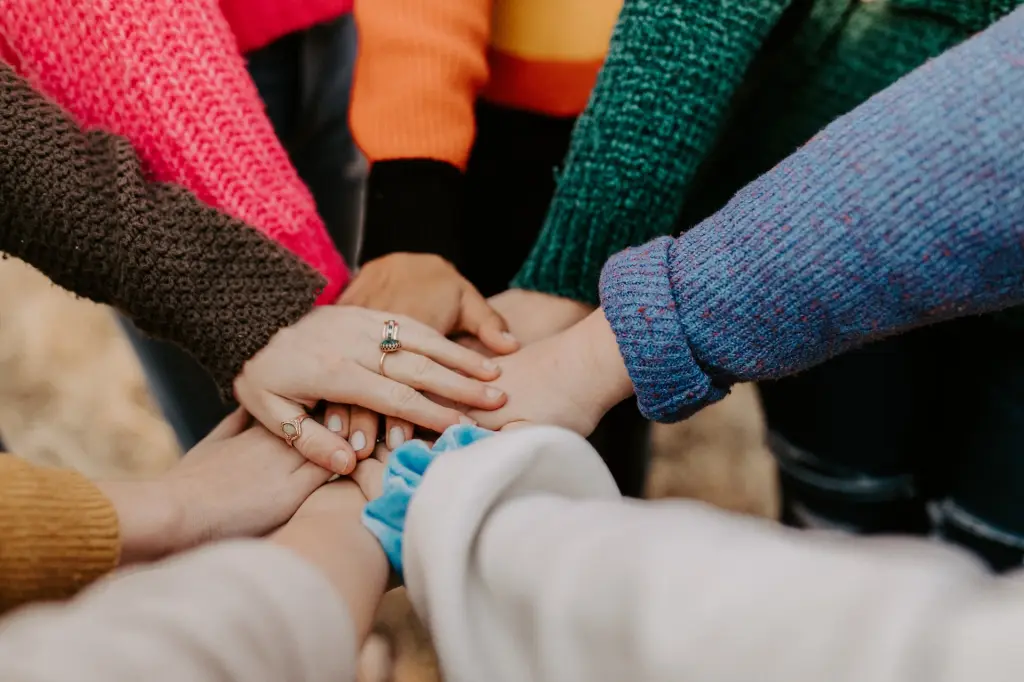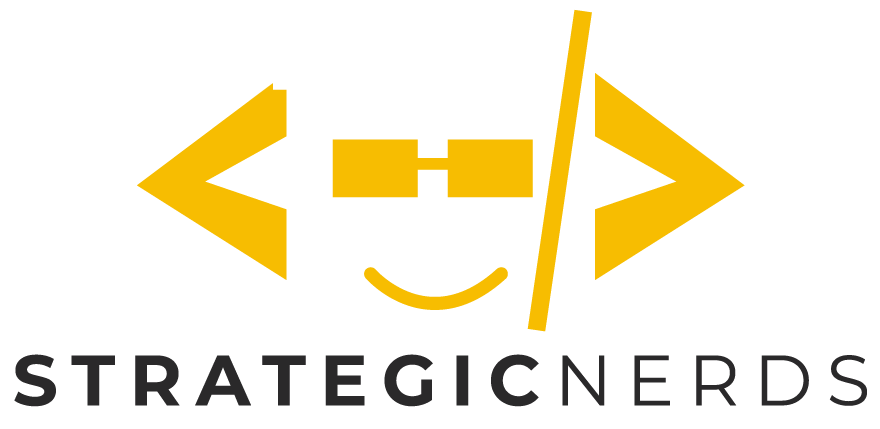How to build an amazing developer community, from scratch!

If I had a dollar every time an exec or CEO asked me to "build a developer community," I'd have a lifetime supply of dollar bills and a headache from rolling my eyes. Not to contradict the title of my own blog post, but developer communities are not built, they are earned. They are earned over time through selfless work, consistency, and, yes, love.
Today, we are all participants, in some fashion or another, in a community of some kind. Whether it's an online group about your favorite sports team or hobby, a support group for a life moment, a group of friends who get together to play board games, or something else entirely, as humans, we crave interaction and belonging. When we look for communities, we are looking for:
- Our tribe. People who have a passion or interest in common. And an opportunity to learn more about the topic.
- Support. A healthy, supportive environment where we feel safe to ask questions and be vulnerable.
- Recognition. Being called out for excellent contributions to the community's health and vibrancy.
These same principles apply to developer communities. Let me walk through how I think about building earning developer communities.
Help First + Integrity
I've written frequently about Help First, my mantra for Developer Relations and Developer Marketing. It is rooted in a philosophy of selfless leadership. You give to others what you do best, with no expectations or strings attached. Over time, a community appreciates your efforts. That appreciation translates to brand equity in our world of developer products.
Inherent in this selfless act of giving is integrity. Integrity is the currency of developer marketing. If you have it, you continue to build on it. If you lose it, you've lost the game. And as everyone knows, a reputation of integrity is built painstakingly over time, and can be lost in an instant.
So, in all my discussion about earning a community, I start with integrity. This translates into many things as you build your market requirements document, go-to-market plan, and sales enablement plans. Here are some examples of how integrity manifests itself in how you run Developer Marketing:
- You treat your people respectfully, allowing them to explore their ideas, fail, and learn. As a leader, you act with integrity at all times, which sets a similar expectation across the organization. How you treat your people is how they treat your customers.
- When you publish content, it is honest and truthful. No fake numbers, no fake testimonials, etc.
- Benchmarking, not benchmarketing. Explain honestly where you succeed and where you fail against competitors. Developers are already going to find this out eventually. Play the long game and earn trust.
Where to host your community
This is perhaps the least interesting component of a community, yet the one that most people fixate on. In a way, it's easy to see why. After all, shipping a website or a community Slack/Discord is something you can check off as accomplished. Community development is something that is ongoing, forever.
As for where to host your community, make a decision quickly and don’t belabor it, as the true magic of a community isn’t the software, but rather the vibe. Here are my thoughts (based on hard-won experience) on types of online communities you can launch for your product:
- Slack or Discord. Both of these chat-like tools are inherently popular these days for developer communities. They have a real-time feel, and they are easy to “police” behavior. Tools are available for managing a Slack community and for automating messages and other interactions that make the community seem more vibrant. The big drawback of the Slack/Discord option is that Google doesn’t index the content. And, in the case of Slack, you have to pay (and, depending on the size of your community, a sometimes substantial amount!) to keep an archive of questions.
- Forums (Discourse is my favorite). Forums enable you to host conversations about your community and product online. They lack the real-time chat-like feel of Slack or Discord, but on the flip-side, the content can be indexed and searched by Google. Discourse is easy to customize and use.
(this section is excerpted from my blog post on building a go-to-market plan)
Measuring community
As I write in my post on Measuring Developer Advocacy, measuring community engagement is difficult. Some people try to measure Twitter followers, or Slack/Discord participants, or the like. There are tools, like Orbit, that are adept at measuring the health of your community.
Now, I'm a big proponent of measuring everything that matters. And community engagement certainly matters. But not everything is neatly measured, least of all human interaction. You need to get a feel for how the conversation in your community is progressing. How quickly do people find answers to their questions?
Community engagement
Many tactics are at your disposal for building a strong, vibrant community. These aren't mutually exclusive, and often, you'll want to layer in all of these efforts.
- Build more than your own community. By all means, launch a Slack/Discord or Forum. This will be where your new and existing users (people who are already aware of you) will be able to get their questions answered. But to use a community to drive awareness, you must be present in other communities where developers already congregate. Identify those communities most relevant to your business and participate actively. Offer help, ask questions, and be genuinely kind and good members of each community.
- Identify the key technical influencers. These folks write technical blogs about your product area or are highly regarded open-source contributors. Get to know them, find out how you can help them.
- Community participation comes in many flavors. Sometimes it’s answering questions in online forums. Other times, it’s contributing to an open-source project. Still, other times, you may want to volunteer at a meetup or event. Think about all the ways you can help, and then jump in and do the work with a Help First mindset.
- Be authentic and technically credible. Don’t do unnatural things to your community. Your primary interactions with the community should be technical in nature, not marketing. For example, don’t ask people to Tweet your product announcements. Simply share announcements in your forums and trust that your most active users will share on your behalf.
- Always think long-term. Don't do community activities in the hope of getting a quick gain: a Tweet, or a quote for a press release, or something transactional. Instead, do community work with an eye for the long-term health of the community in which you've chosen to participate.
Cultivating your best fans
It will often be the case that you develop active, vocal fans in your community. These are folks who are quick to lend a hand to others who have questions. They are passionate about your product and your mission. And they enjoy the work, even though it's nowhere near their day job.
Think about ways you want to reward them. T-shirts are always good ideas, as are other low-key swag items. But think about getting your community member 1:1 face time with your CEO. Include your community member when you're soliciting input and feedback on new services and products. If you get extra conference passes as part of a sponsorship, ask your community member if they'd like to join you.
Simple acts of kindness and recognition often do wonders for the relationship.
One thing I'd advise is to not jump ahead and "brand" a program if you're an early stage startup. The Heroes and MVP-style programs are great once you're established. But in this early going, you likely have a million other higher priority things to do without launching a new brand that sets an expectation that you may find difficult to meet. Focus on identifying your key community members and rewarding them for their help and loyalty.Codes of conduct
Communities need to be healthy. That means no hate speech, no bullying, no disrespectful behavior. You're running a business, not a social experiment. Encourage people to keep things professional.
Every community should have a clear code of conduct with a well-defined and publicized escalation path. There are several open-source codes of conduct to choose from. Pick one, customize it for your needs, and make sure everyone in your community knows that they are expected to abide by the Code of Conduct (for example, provide them with a welcome message upon signing up for your community and inform them about the rules that you've set forth.)
Don't forget love! 🥰
There's a lot of acerbic nonsense in the world today. Choose Love. Choose to act with kindness and empathy. Choose to build a community where you celebrate your community members.
Summary
Communities are powerful moats around your product. They can provide valuable and direct feedback to your product and engineering team. They can help welcome and onboard new users. They can help existing users share their best practices. And they can show up for one another when times are tough.
